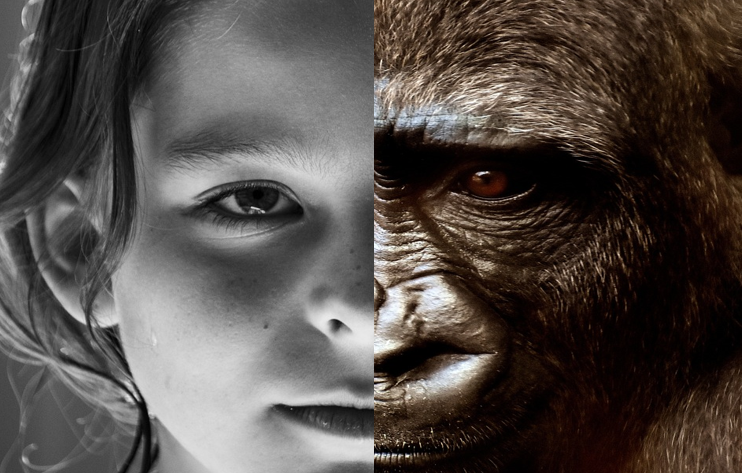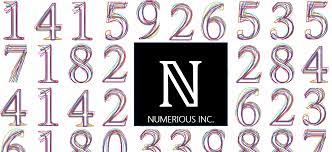History of Human civilization – From Ancient to Modern

The story of human civilization spans millennia, weaving together tales of triumphs, innovations, and cultural metamorphoses. From the distant footprints of our earliest ancestors to the complex societies of today, this journey is a vibrant mosaic of progress, setbacks, and incredible advancements. Across continents and epochs, civilizations emerged, flourished, and sometimes faltered, leaving behind a legacy of art, philosophy, technology, and societal evolution that continues to shape our world. This epic narrative of humanity’s past serves as a guiding thread, illuminating our path forward amidst an ever-changing landscape of possibilities.
The history of human civilization is an intricate tapestry woven over thousands of years, marked by remarkable milestones and significant shifts.
Prehistoric Era: Dating back millions of years, early human ancestors evolved and spread across the globe. This era includes the Stone Age, characterized by the use of stone tools and the emergence of Homo sapiens.
Ancient Civilizations: Around 3500 BC, civilization began to flourish in river valleys such as the Tigris-Euphrates, Nile, Indus, and Yellow River. Mesopotamia, Ancient Egypt, the Indus Valley Civilization, and Ancient China emerged as some of the earliest advanced societies, developing agriculture, governance, and writing systems.
Classical Period: From around 500 BC to 476 AD, Greece and Rome became prominent. Greek civilization contributed to philosophy, art, and democracy, while the Roman Empire significantly influenced law, engineering, and governance.
Medieval Period: Spanning roughly from the fall of the Roman Empire to the Renaissance (5th to 15th century AD), this era saw the rise of Islam, the Byzantine Empire, and the European feudal system. Trade routes expanded, and advancements in science, arts, and architecture were made.
Renaissance and Age of Exploration: Around the 14th to 17th centuries, Europe experienced a revival in arts, sciences, and culture. Concurrently, exploration expanded horizons, with European navigators discovering new continents and trade routes.
Colonialism and Industrial Revolution: The 18th and 19th centuries were marked by European colonial expansion and the Industrial Revolution. This period witnessed significant technological advancements and global shifts in economics and politics.
Modern Era: The 20th century brought unprecedented global conflicts, technological leaps, and socio-political changes. World Wars, the Cold War, decolonization movements, space exploration, and the digital revolution shaped this era.
Contemporary Times: The 21st century is characterized by rapid globalization, technological interconnectedness, environmental challenges, and socio-political transformations. It’s a period defined by emerging technologies, geopolitical shifts, and a growing awareness of global issues like climate change and social justice.
Throughout this intricate journey, human civilization has evolved, adapted, and faced numerous challenges, leaving behind a rich tapestry of cultures, achievements, and shared history.
As we stand on the precipice of tomorrow, the collective saga of human civilization remains an indelible testament to our resilience, ingenuity, and capacity for growth. This tapestry of our shared past, adorned with the colors of myriad cultures and epochs, not only reminds us of where we’ve been but also serves as a compass guiding us toward a future shaped by wisdom, empathy, and boundless potential. As we navigate the uncharted territories ahead, our history stands as both a beacon of lessons learned and a reservoir of inspiration, urging us to forge a world that echoes the very best of our storied journey.








